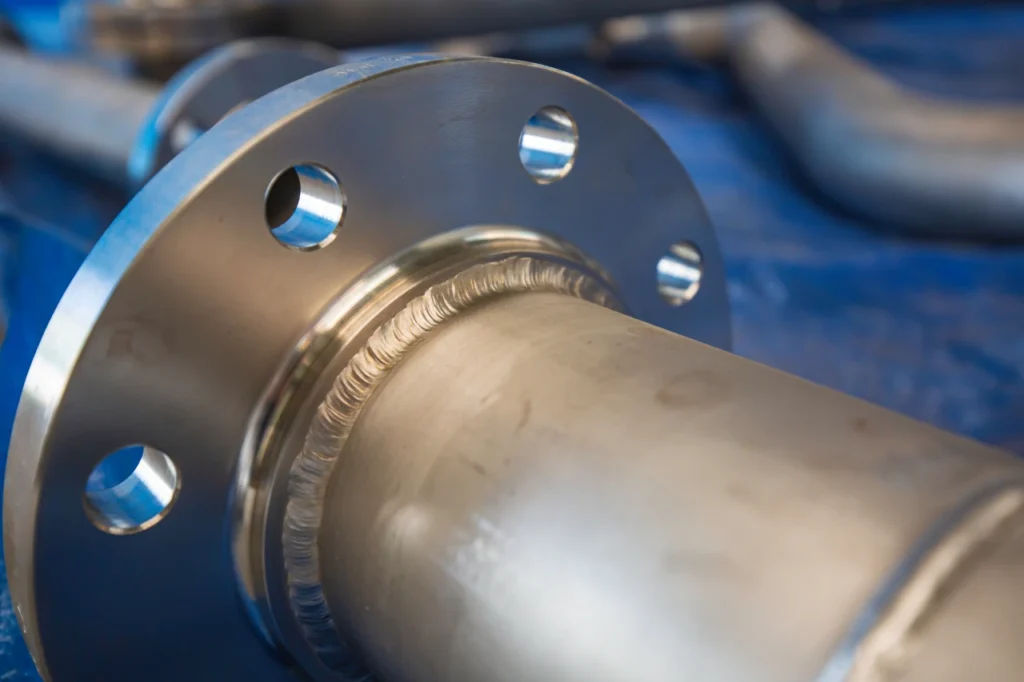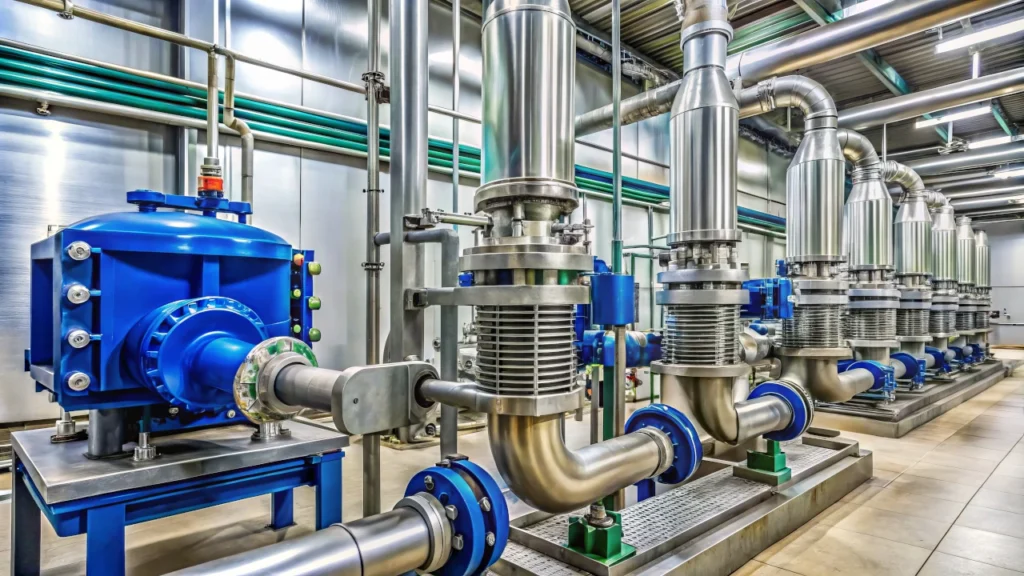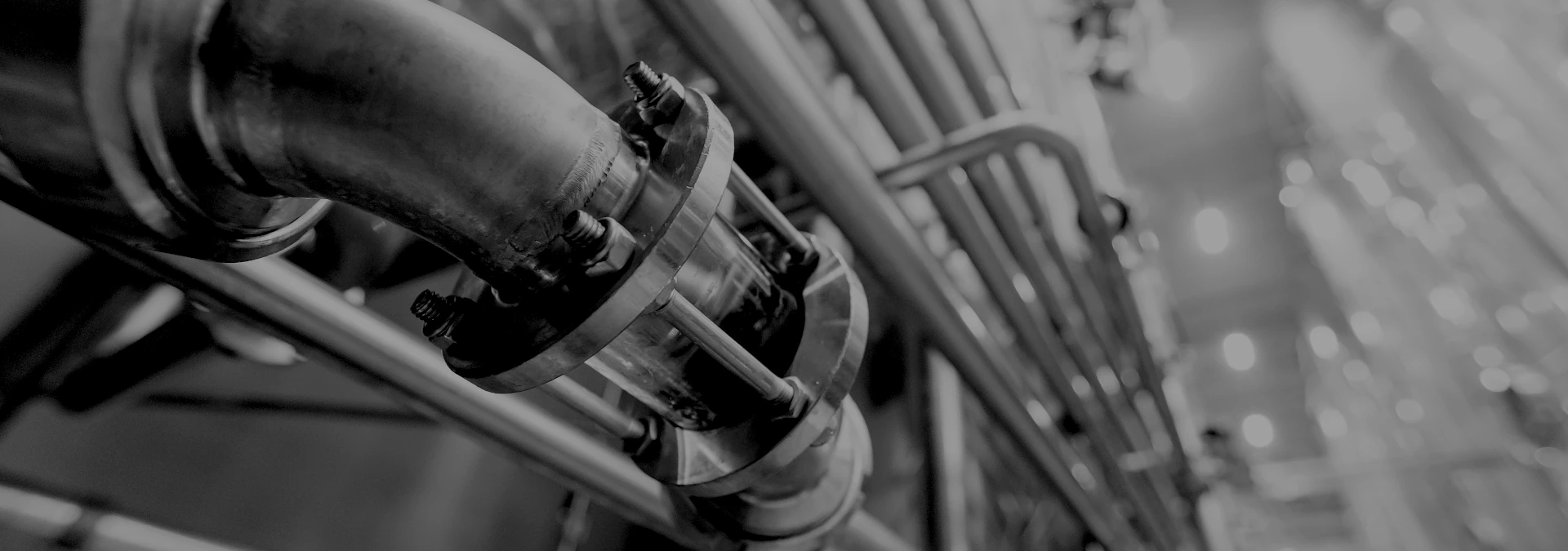Introduction
Economic growth in the Gulf Cooperation Council (GCC) region is expected to rebound to 2.8% and 4.7% in 2024 and 2025, respectively, according to the Spring 2024 Gulf Economic Update. Whereas traditionally this growth would have been carried by the hydrocarbon sector, the GCC’s commitment to diversifying economies to build resilience and sustainable growth means that over the medium term, a strong non-oil economy will be expected to make significant contributions to this growth. In the UAE, where diversification has long been a key component of the country’s strategic vision, the growth of non-oil output is expected to remain robust and continue to support a 3.2% growth rate, driven by strong performance in the tourism, real estate, construction, transportation, and the manufacturing sectors.
Within the manufacturing sector, and supported by state-of-the-art infrastructure development, new industries are capitalizing on the advantages that the country has to offer, and maturing industries are building on initial success to expand into more sophisticated and higher-value downstream processes. Manufacturing growth is also creating a ripple effect, and stakeholders are vying to capture market share with high-quality products and services to meet competitive pressures from local and international markets. As the marketplace evolves and diversifies, sustainable growth will continue to create more opportunities for advanced materials in the pipe systems that make industry possible.
Growth Industries
The growth industries within the manufacturing sector in the UAE and its dedicated free zones are primarily focused on the following sectors:
- Metals: The manufacture of primary metals and the development of high-value downstream processing are key components of the UAE’s industrialization strategy. Processing plants for aluminum, steel, and cables have proven extremely successful, and play a big role in supporting manufacturing initiatives across the Emirates.
- Building Materials: The UAE as a whole and Ras Al Khaimah in particular feature booming industries for construction-related materials such as cement, ceramics, and glass, and are expected to continue capitalizing on the growth sectors of construction, tourism, and hospitality.
- Chemicals: The UAE has an important chemicals sector, centered in Abu Dhabi and spearheaded by Borouge – a joint venture between the Abu Dhabi National Oil Company (ADNOC) and Borealis. Processing plants are finding ideal conditions in the UAE with proximity to oil and gas production, logistics advantages, available capital, and supportive laws and regulations to expand into downstream process industries.
- Pharmaceuticals: The domestic pharmaceutical manufacturing industry is a key growth area, marked by partnerships between UAE manufacturers and prominent U.S. and international pharmaceutical giants. This sector is further supported by high standards of monitoring and inspection to maintain quality.=
- Food and Beverages: The UAE plays host to several large food and beverage manufacturers, and produces a wide range of products for local, regional, and international markets. Established and new industries in this sector are capitalizing on the availability of high-quality resources across operations.
- Aerospace and Defense Equipment: The UAE. is quickly developing its nascent aerospace and defense industry, and is already a key producer of components for the aviation industry. Here again, the availability of materials and expertise is allowing for growth in high-end applications.
Demand for Pipe System Solutions
 Across all these industries, reliance on pipe systems solutions that can handle higher requirements of temperature, pressure, and sterility is critical to the overall success of operations. Although different piping materials are available and suitable for different environments, in this article, we will focus on stainless steel.
Across all these industries, reliance on pipe systems solutions that can handle higher requirements of temperature, pressure, and sterility is critical to the overall success of operations. Although different piping materials are available and suitable for different environments, in this article, we will focus on stainless steel.
As a high-quality pipe material, stainless steel is best known for its unique high corrosion resistance, ability to withstand high temperatures, and overall reliability. It is recyclable and contributes to lowering a project’s overall environmental impact. Stainless steel is also long-lasting, requiring less maintenance, repair, or replacement.
In the oil and gas sector, stainless steel pipe is generally relied on to withstand harsh environmental conditions. Due to its excellent corrosion resistance characteristics, it performs well in both acidic and alkaline environments, making it an ideal choice for downstream chemical applications. It is used to transport both liquids and gasses and can be counted on for long-lifespan projects. Furthermore, and due to its longevity and reliability, it is often used in processes where maintenance is difficult to carry out, allowing it to function without interruption.
In applications that require higher levels of cleanliness and sterility, stainless steel pipe remains the ideal pipe system material to use. Food and beverage and the pharmaceuticals production industry rely extensively on stainless steel pipe as the conduit that will preserve the integrity of the material they are handling, and avoid contaminants from other pipe system material or the coating or treatment that they may need to integrate to handle temperature, pressure, and environmental considerations.
Considerations
 Some considerations to keep in mind when choosing stainless steel pipe include:
Some considerations to keep in mind when choosing stainless steel pipe include:
Cost: Although the initial cost of stainless steel pipe may be higher than using traditional materials, the overall cost of the useful life of a project is a better indicator of real cost, especially when you factor in the cost of inspection, maintenance, and repair. The longevity of stainless steel is another factor to consider and may make it the ideal material if you want to avoid replacement due to operational stress.
Weight: Because of its density, stainless steel pipe is heavier than other alternatives – a factor that can limit its suitability in situations where weight is a factor, such as in marine applications and offshore installations. However, due to its strength, using stainless steel pipe will result in the need for pipes with lower diameters and wall thickness. This can offset the weight disadvantage and offer a more reliable piping solution.
Environment: Stainless steel is recyclable, and in consideration of an overall ESG policy, it is often the solution that addresses environmental considerations better than other pipe system materials.
Installation: Handling, installing, and connecting stainless steel pipe systems – especially to other systems using different pipe materials, is a serious consideration when working with stainless steel. To mitigate this, be sure to work with a pipe supplier who can support you with the right fittings, installation support, and design of the right connections and connection materials.
Conclusion
The UAE is pursuing several economic initiatives, including Operation 300bn, an initiative that is set to position the country as an international industrial center and increase the industrial sector’s GDP contribution to Dh300bn by 2031. To do this, new technologies, efficient infrastructure, and logistics, as well as a commitment to excellence will be needed across value chains. In the critical pipe system function, this will mean the use of stainless steel as a reliable pipe material for handling more intricate applications with higher performance requirements.
At Gerab, we have been supporting the nation and the region’s growth for over 45 years by supplying reliable pipe system materials suited to the applications at hand. Our website contains a wealth of additional information on stainless steel pipe selection and care, and we are always available to offer support in your assessment of the right pipe system materials to use. contact us today.


